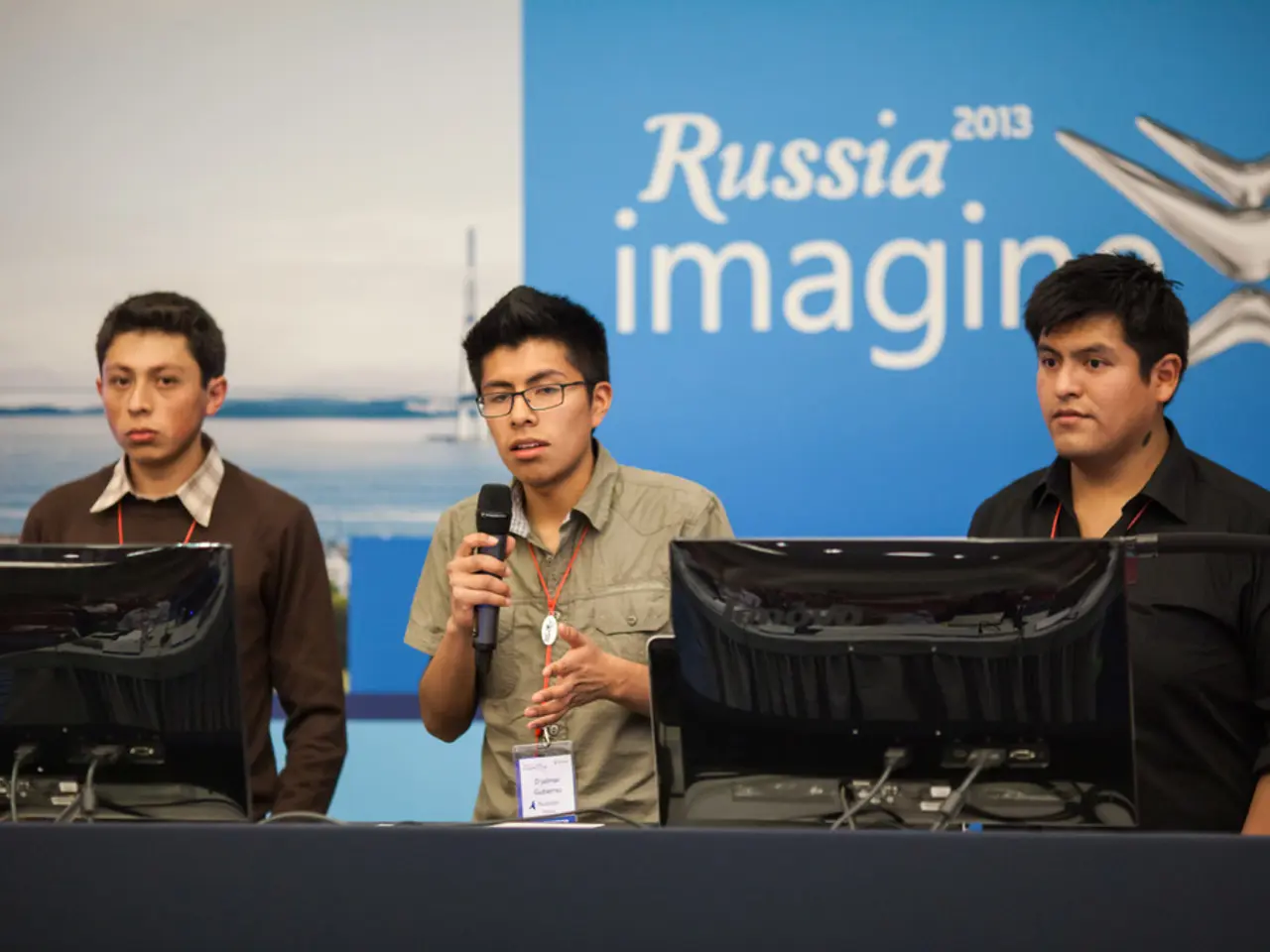France and Germany, represented by Merz and Macron, resolve their nuclear disagreement and issue a warning towards Putin.
France and Germany Strengthen Ties in Economic and Security Policy
In a significant development, the Franco-German Council of Ministers met in Toulon, marking a European milestone. This was the first such meeting since the change of government in Berlin in May.
The meeting, which was overshadowed by the government crisis in France, saw France and Germany commit to moving closer together in economic and security policy.
One of the key areas of focus was the development of European preference regulations for central and strategically important areas of industrial production. The aim is to achieve equal treatment for low-emission energy sources, including nuclear power, on the European level.
Germany has agreed to no longer oppose the use of nuclear power by France, including at the European regulatory level. This move largely puts an end to the long-standing dispute between the two countries over the use of nuclear power.
Another significant decision was enabling the possibility of an industrial electricity price to support energy-intensive industries. This is part of an effort to simplify existing requirements and relieve regulatory authorities.
The promotion of AI talent and AI programs is being expanded in both countries. This collaboration is expected to further strengthen the technological partnership between France and Germany.
On the security front, France and Germany have provided security guarantees to Ukraine, initially limited to supporting Ukrainian forces. They have also pledged to advocate for sanctions against companies from third countries that support Russia's war against Ukraine in the G7 and EU.
However, no significant resolutions have been made on contentious issues between Macron and Merz so far. The planned agreement on the air combat system FCAS has failed, and the new target is now the turn of the year.
The meeting was also marked by France's support for Germany in the development of hydrogen connections to Southwest Europe and in the stronger integration of the electricity grids between Germany and France.
Russia, however, is showing no willingness to end its war against Ukraine. Increased military aid and tightening of sanctions are being considered to exert "maximum pressure" on Russia. No mention of the deployment of ground troops in case of a ceasefire or peace agreement was made in the joint statement.
Overall, the meeting in Toulon reaffirmed the strong bond between France and Germany and their commitment to working together for the betterment of Europe. French President Emmanuel Macron and German Federal Chancellor Friedrich Merz get along better than Macron did with his predecessor Olaf Scholz, providing a solid foundation for future cooperation.
Read also:
- Lu Shiow-yen's Challenging Position as Chair of the Chinese Nationalist Party (KMT) Under Scrutiny in Donovan's Analysis
- Enemy Forces Have Taken Ukrainian Prisoner
- BJP Persuaded Delhi Voters That Supporting AAP Was Pointless, According to Pavan K. Varma
- Potential Democratic Contenders for Presidency in 2028 Yet to Exclude Themselves from Race








